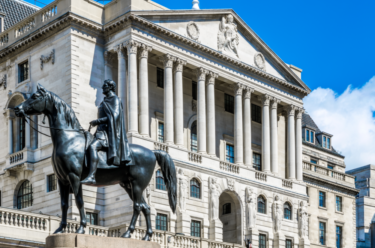Why inflation’s being stubborn and what might make it more so
While there is compelling evidence that inflation is close to if not past its peak in many economies, there remains huge uncertainty about the speed of the slowdown in inflation. We think the mis-calibration of fiscal support could slow the desired falloff in inflation and delay policy pivots by central banks.
What you will learn:
- AE fiscal policy of today is almost diametrically opposed to pre-pandemic doctrines. Nowadays, budget deficits are aimed at supporting households rather than bailing out industries. As a consequence, government debt levels in quite a few AEs have exceeded target rates embodied in earlier fiscal rules.
- Despite an acknowledgement that expansive support to households played a bigger role in pushing up inflation than first recognized, many governments are now looking to provide even more fiscal support to limit the real-income squeeze.
- Although markets seem fully prepared to shrug off the rising levels of AE public debt, they probably shouldn’t – and not just for the purpose of debt sustainability. Fiscal profligacy aimed at protecting household budgets from shocks, irrespective of income, will slow the pace of decline in inflation.
Tags:
Related posts

Post
Trade tracker – Tariff impacts continue to build
US tariff rates are climbing to levels not seen since the 1930s, with world trade expected to decline and inflation set to rise. What could this mean for global markets and economic growth?
Find Out More
Post
Tight BoE vote to cut casts doubt on the path for rates
We still expect the Bank of England to cut Bank Rate by 25bps again in November, despite August's unexpectedly tight vote and the Monetary Policy Committee raising its inflation forecasts. However, our call is made with much less confidence than before.
Find Out More
Post
Tariffs and Politics Leave the BoJ Powerless in Japan
The Bank of Japan kept its policy rate at 0.5% at its July meeting. We continue to think the BoJ will exercise caution on rate hikes despite still-high inflation and a recent trade deal with the US.
Find Out More